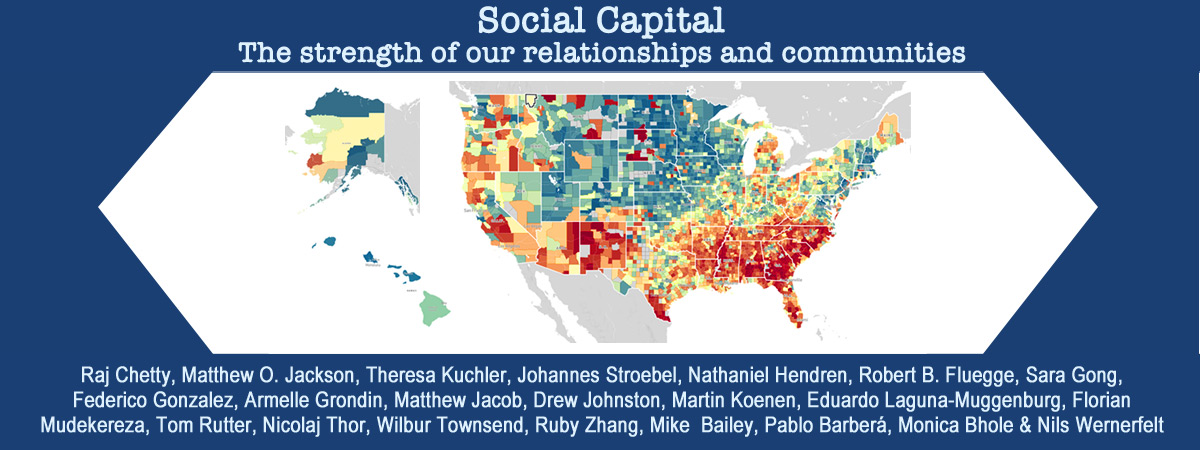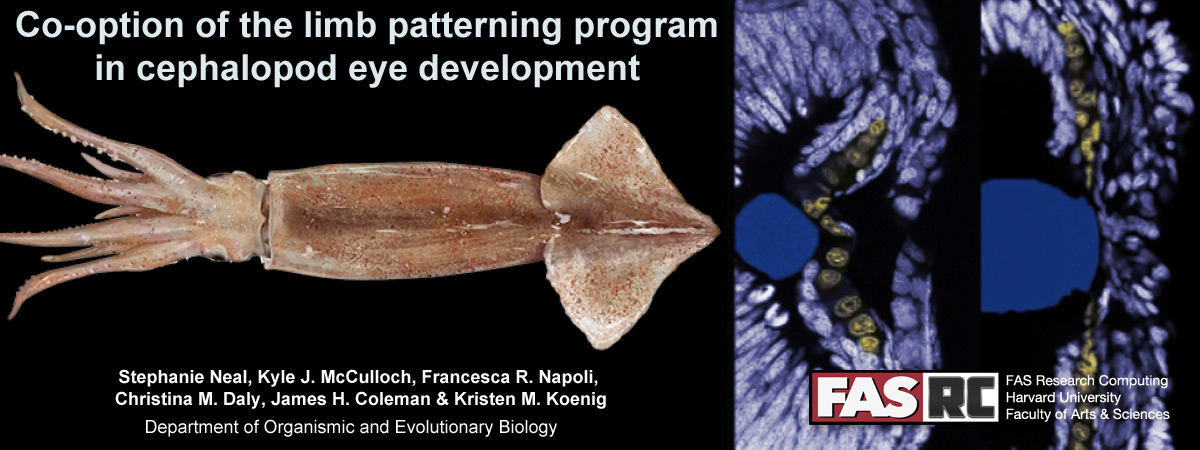Description
A research consultation and facilitation service can enable a research team to perform research using an expanded set of methodologies and skills, to accelerate research and complete deliverables in a more timely manner, and to expand the scope and amount of research pursued. These goals can be achieved with help from a research computing staff via consultation, facilitation, scripting, project and data management, and training. A research team can often benefit from incremental help from just-in-time learning to expand their knowledge and skills, to augment their collective skill set, and/or to accomplish analysis, coding, and organizational tasks.
Key Features and Benefits
There are different things that a research consulting/facilitation team can help with a research project, with examples of those listed below.
Definitions:
Research Planning is a strategy about the deployment and use of researchers, resources, tools, methodologies, and collaborations to achieve a proposed research goal. Research planning can be used as the basis for a grant application. Research planning is an opportunity to plan for the research data management lifecycle.
Data management is the management of data as a valuable resource for a research project/program. This involves consideration for aspects of the data including ownership, governance, architecture, storage, cleaning, security, discoverability, sharing, and archiving. All of these aspects are part of the stewardship of data throughout its research data management lifecycle.
Data processing is the collection and manipulation of data to produce meaningful information. Types of data processing include validation, sorting, summarization, aggregation, analysis, reporting, and classification.
Data cleaning is the process of detecting and correcting (or removing) corrupt or inaccurate records from a set of data.
Research workflow organization can involve a number of tasks, including organization of computer code within a program, structure of code within a file hierarchy, the use of a development environment to develop, compile and execute code, and the storage and versioning of code in a code management tool such as github.
Research data visualization is the graphic representation of data that involves producing images that communicate relationships among the represented data to viewers of the images.
High performance computing is the application of cutting-edge techniques, technologies, and systems to leverage large sets of resources to solve or approximate the solutions for complex, compute- and data-intensive problems. These solutions leverage optimized (often parallel) software and hardware for computation, networking, and data movement (I/O).
Training: Sessions to facilitate the researcher in how to leverage the most significant features of a software package, language, or system. The training is often focused on a particular computational or data paradigm.
- Methodology
- Workflow
- Software & Tools
Statistical consultation is obtaining advice on the application of an appropriate methodology towards a statistical problem.
Resource utilization is demonstrating to researchers the tools to analyze their resource (cores, memory, time, disk usage, …) needs from prior computing jobs in order to plan for future jobs to be submitted.
Service Expectations and Limits:
The tiers below define the expectations and limitations for the research consultation and facilitation services offered at FASRC in terms of time, types and extent of assistance, and ownership.
Available to:
Available to all research groups with FASRC account. For more information see Account Requests.
Check FASRC consulting calendar for times or email rchelp@rc.fas.harvard.edu
Service Manager:
Service Manager: Associate Director of Data Science & Research Facilitation
Offerings (Tiers of Service)
Tier : Initial consultation
- We provide short-term support (up to 3 hours per week) in the form of advice on the following:
- Research project planning: study design and tools
- Research data organization: sharing and secure storage
- Research data processing / cleaning
- Research programming (e.g., R, Python, Stata, SAS, SPSS, Matlab)
- Research code organization (e.g., Git, GitHub)
- Selection and interpretation of statistical methods
- Research data visualization
- Using high performance computing (e.g., RCE, AWS)
- Limitations: Please note, we do not provide support for coursework, dual purpose research (i.e., coursework that informs a publication), or consulting research/work.
Tier : Training
- Courses available:
- R Code Optimization Workshop
- Data Handling in Python Workshop
- Containerization Workshop
- Public Research Site Workshop
- Cluster related courses.






